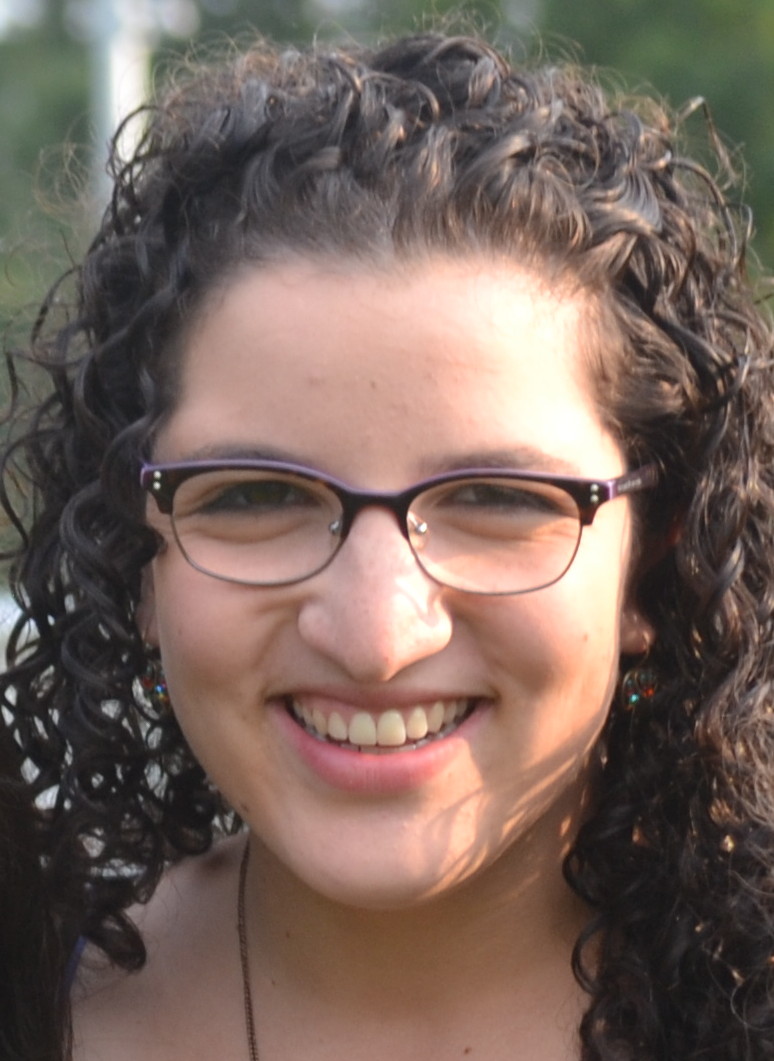Please enjoy a D’var Torah this week from Maya Zinkow, a lifelong Ramahnik from Columbus, Ohio, who spent the last two summers as Rosh Bogrim. She is a proud Barnard College alumna where she studied English and Creative Writing. She is currently in her second year of study at the Pardes Institute of Jewish Studies in Jerusalem, where she is a Pardes Fellow. Reflections on Parashat Chayei Sarah by Maya Zinkow
In this week’s Torah reading, parashat Chayei Sarah, we follow Abraham as he journeys through the particular and painful process of not only responding to the death of his dear partner, but also of preparing for his own imminent passage from this world. In the wake of Sarah’s death, Abraham is reminded of the fragility of his own life and what must still be done to ensure that his descendants fulfill their potential and honor God’s covenant. We look on as Abraham moves through the process of mourning and is forced to take on the painstaking responsibilities of ensuring a burial site for his wife. In his sorrow, Abraham is also reminded of his own old age, and he immediately acts on behalf of his son. I can imagine that Abraham was forced to ask all of those questions we ask ourselves as we face a significant ending and prepare for a major life transition: how will I hold onto significant memories, connections, and relationships? As this part of my life ends, will I be able to take what I’ve learned, gained, and gleaned from the people and place? What does the next phase of life hold for me?
These are questions campers and staff ask themselves every August as the gorgeous greens of Northern Wisconsin blur into grey city skylines. For campers, the anxieties of starting a new school year mix with fears of losing touch with important connections made throughout the summer. For staff, there are similar worries, and we often find ourselves on the brink of more major life transitions: moving to new cities, starting new jobs, going back to school. I have always had a hard time with transition; I was often the last kid out of the cabin on the last night of camp, soaking in the space one last time. When it came time to load the buses, I always knew I would hear a booming voice over the megaphone announcing my name, imploring me to “get on the bus,” in the eleventh hour of tearful goodbyes. And for the last two summers, through graduating, moving, and joining new communities, saying goodbye to camp has meant preparing for very new and challenging beginnings.
Though Abraham’s grief gives us a glimpse into the reality of transition in response to tragedy, we see in our text that transition can come about in many ways. Life gives us moments of joyous transition as well. As Eliezer returns to Canaan with Rebecca, we witness a special, quiet moment in Isaac’s life just before it is about to change forever:
ויצא יצחק לשוח בשדה לפנות ערב וישא עיניו וירא והנה גמלים באים / vayetzei yitzchak lasuach basadeh lifnot arev; vayisa einav vayar v’hinei g’malim ba’im / Isaac went out to wander in the field toward evening. Looking up, he saw camels approaching (Genesis 24:63).
Here too one of our avot (forefathers) must close a chapter of his life; a complicated childhood comes to an end as Isaac prepares to enter adulthood with a companion. But here, the transitional moment is wrapped up in a joyous occasion. Isaac’s transition is made all the more poignant by the scene set at dusk, a transitional time itself; he sees Rebecca approaching “לפנות ערב” / lifnot arev. The root “ערב” means mixing or mingling, the meaning invoking for me the particularly special time at camp when groups gather on the kikar [central field] to recount the day’s activities as the spectacular colors of the sky mix together over the lake. As the day ends, we happily say farewell and welcome the next day’s adventures.
The parashah moves us from death – ותמת שרה…ויבא אברהם לספד לשרה ולבכתה / vatamot sarah … vayavo avraham lispod l’sarah v’livkotah / Sarah died…and Avraham proceeded to mourn for Sarah and lament her (Genesis 23:2) — to a celebration of love and continuity — ויאהבה וינחם יצחק אחרי אמו / vaye’ehaveha; vayinachem Yitzchak acharei imo / [Isaac] loved [Rebecca]; Isaac found comfort after his mother’s death (Genesis 24:67). Abraham’s legacy gives way to a new generation, and Isaac, in the face of tragedy and celebration, continues our great story onward, reminding us of life’s inevitable and beautiful cycle of the predictable and painful, the spectacular and soulful. As I move from transition to transition, I am grateful for the friends, learning, and growth camp has given me, and for the strength I have learned to invoke at every tenuous point in my life. And beyond that, I am grateful to return every summer to continue the legacy.






